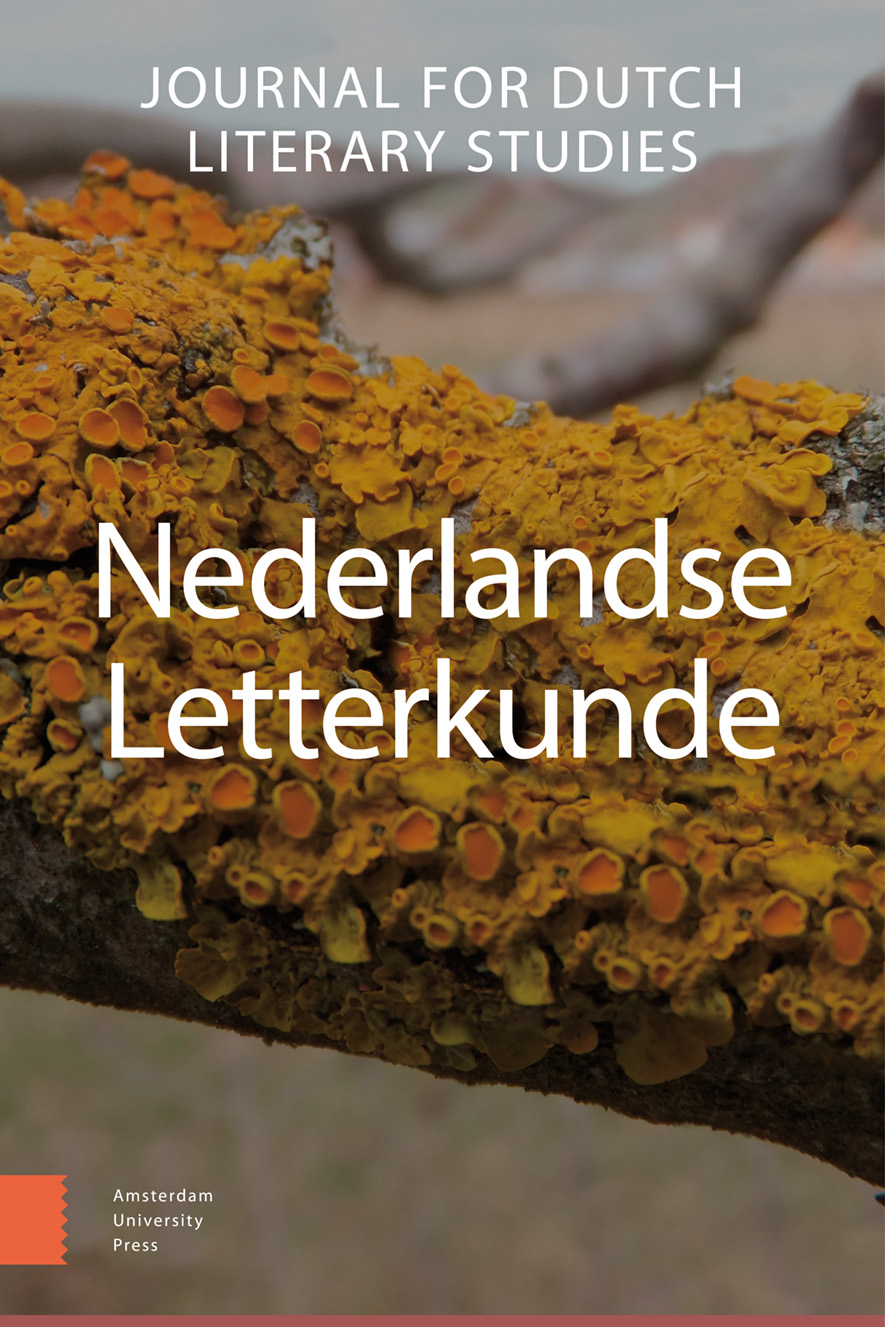-
oa Het verleden dichterbij brengen - Literatuur als bron van historische kennis?
- Amsterdam University Press
- Source: Nederlandse Letterkunde, Volume 17, Issue 2, okt. 2012, p. 78 - 91
Samenvatting
During the last three decades, the question as to what extent historiography makes use of literary techniques and conventions has given serious food for thought. However, this article will try to invert that question: can literature also be a valuable means of acquiring historical knowledge? It is often assumed that a literary text can readily provide access to an ‘experience’ of the past. We want to ask how this works and whether the textual mechanisms that underlie this experience function differently in so-called non-literary texts. In our attempt at answering these questions, we bring together a variety of texts: a newspaper article, two memoirs, a historiographical work and a fairy tale – all of which cover a particular episode of the French Revolution. This entails moving away from traditional distinctions between these texts as literary versus non-literary or fictional versus non-fictional and instead analysing how each of them makes use of narratological effects, such as focalization strategies and narrative voices, in order to reconstruct the past. Accordingly, this article seeks to demonstrate that these texts’ engagements with the past, regardless of their form and associated expectations, consist of a complicated dialectics between distantiation and proximity. The theoretical inspiration behind this approach is historian Mark Salber Phillips’ recent work on textual constructions of historical distance. In presenting this article, we aim to elaborate on Phillips’ work by bringing literature into the methodological field that his work on conventional historiography has opened.


